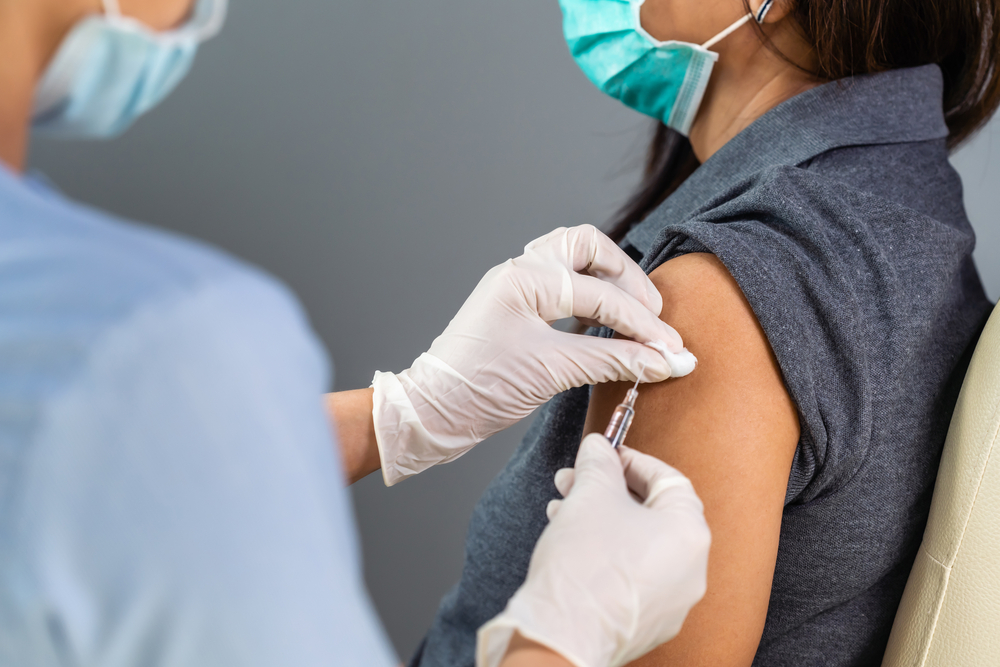COVID-19 vaccines remarkable impact in the UK
Contributors are not employed, compensated or governed by TDM, opinions and statements are from the contributor directly

The Covid-19 vaccination in the UK began on 8 December 2020, shortly after the British regulator, the Medicines and Healthcare products Regulatory Agency (MHRA), granted emergency authorisation to the Pfizer–BioNTech vaccine, an RNA vaccine.
On 30 December 2020, the MHRA gave approval to a second vaccine, the Oxford–AstraZeneca vaccine, and vaccinations began on 4 January 2021, with a third vaccine, the Moderna vaccine, approved on 8 January 2021.
The UK National Health Service (NHA) first results of the UK vaccination programme suggests it is having a “spectacular” impact on preventing serious illness.
Research led by Public Health Scotland found at four weeks after the first dose, hospital admissions were reduced by 85% and 94% for the Pfizer and AstraZeneca jabs respectively.
It is the first sign of the real-world impact of vaccination in the UK.
An estimated 93.6% of people aged 65 and over in England have received their first dose of the Covid-19 vaccine, new figures suggest.
Regional estimates range from 84.7% for London to 95.9% for south-west England.
The figures, from NHS England, are for the first doses of the vaccine up to February 28.
Among the over 80s, there was an overall 81% reduction in the numbers admitted to hospital.
The researchers did not look at the impact on transmission – whether people who were vaccinated passed it on – or whether immunity waned over time.
The preliminary data from the EAVE II project covers 1.14 million vaccinations given in Scotland between 8 December and 15 February.
The study looked at the numbers being admitted to hospital with Covid among this population and compared it to those admitted who were not vaccinated.
In total, there were just over 8,000 people who ended up in hospital, but only 58 were among the vaccinated group after the four-week mark.
Meanwhile, case rates in England are continuing to fall among all age groups, according to Public Health England.
The highest rate is among 30 to 39-year-olds, at 121.1 cases per 100,000 people in the seven days to February 28, down week-on-week from 178.3.
Among 20 to 29-year-olds the rate dropped from 161.3 to 111.3, and for 40 to 49-year-olds it fell from 148.0 to 102.0.
Lead researcher Prof Aziz Sheikh said the results were “very, very” impressive and both vaccines were working “spectacularly”.
“These results are very encouraging and have given us great reasons to be optimistic about the future.”
Trials of both vaccines had suggested they would have a significant impact on preventing hospitalisations.
But for the Pfizer vaccine studies, that had involved a second dose being given after three weeks.
The UK has adopted a policy of delaying the second jab of both vaccines by three months, which had led some to question whether the approach would give sufficient immunity.
The trials of the AstraZeneca looked at a longer dosing interval so there was more confidence about that vaccine.


Comments are closed.